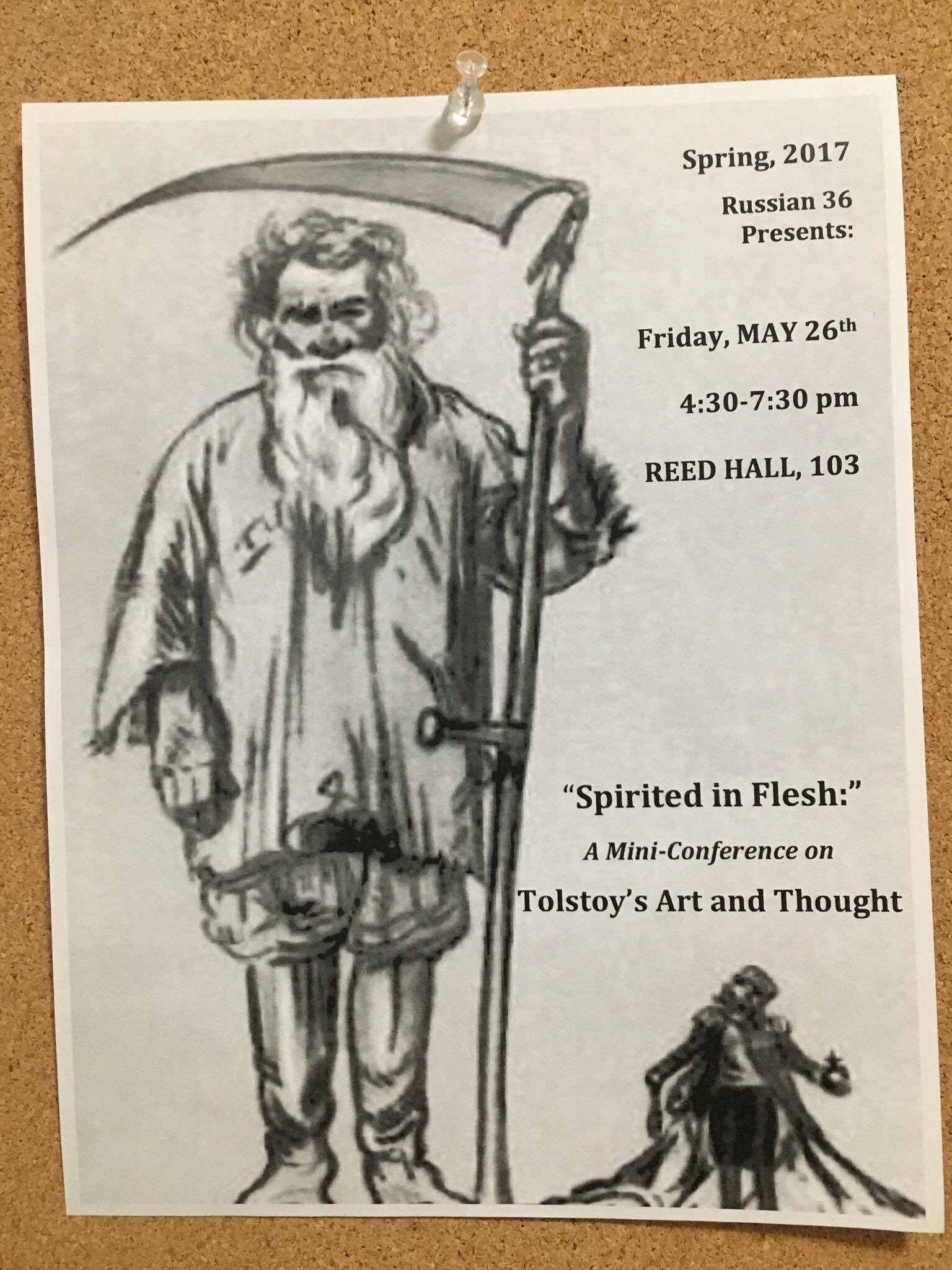Leo Tolstoy Archive
Written: 1899
Source: Anna Karenina, by Leo Tolstoy, translated from Russian to English by Constance Clara Garnett
Transcription/Markup: Andy Carloff
Online Source: RevoltLib.com; 2021

It was late and the distance to the prison was long, so Nekhludoff hired a trap. On one of the streets the driver, who was a middle-aged man with an intelligent and good-natured face, turned to Nekhludoff and pointed to an immense building going up.
"What a huge building there is going up!" he said with pride, as if he had a part in the building of it.
It was really a huge structure, built in a complex, unusual style. A scaffolding of heavy pine logs surrounded the structure, which was fenced in by deal boards. It was as busy a scene as an ant hill.
Nekhludoff wondered that these people, while their wives were killing themselves with work at home, and their children starving, should think it necessary to build that foolish and unnecessary house for some foolish and unnecessary man.
"Yes, a foolish building," he spoke his thought aloud.
"How foolish?" retorted the offended driver. "Thanks to them, the people get work. It is not foolish."
"But the work is unnecessary."
"It must be necessary if they are building it," said the driver. "It gives the people food."
Nekhludoff became silent, the more so because it was too noisy to be heard. When they had reached the macadamized road near the prison the driver again turned to Nekhludoff.
"And what a lot of people are coming to the city—awful," he said, turning around on the box and pointing to a party of laborers with saws, axes, coats and sacks thrown over their shoulders, and coming from the opposite direction.
"More than in former years?" asked Nekhludoff.
"No comparison. The masters are kicking them about like shavings. The market places are glutted with them."
"What is the reason?"
"They have multiplied. They have no homes."
"And what if they have multiplied! Why do they not remain in the villages?"
"There is nothing to do there. There is no land."
Nekhludoff experienced that which happens with a sore place—it is struck oftener than any other part of the body. But it only seems so because it is more noticeable.
"Can it be possible that it is everywhere the same?" he thought, and asked the driver how much land there was in his village; how much he himself owned, and why he lived in the city.
"There is but an acre to every person. We are renting three acres. There is my father and brother. Another brother is in the army. They are managing it. But there is really nothing to manage, and my brother intended to go to Moskow."
"Is there no land for rent?"
"Where could one get land nowadays? The masters' children have squandered theirs. The merchants have it all in their hands. One cannot rent it from them; they cultivate it themselves. Our lands are held by a Frenchman who bought them of the former landlord. He won't rent any of it, and that is all."
"What Frenchman?"
"Dufar, the Frenchman—you may have heard. He is making wigs for the actors. He is now our master, and does what he pleases with us. He is a good man himself, but his wife is Russian—and what a cur! She is robbing the people—simply awful! But here is the prison. Shall I drive up to the front? I think they don't admit through the front."